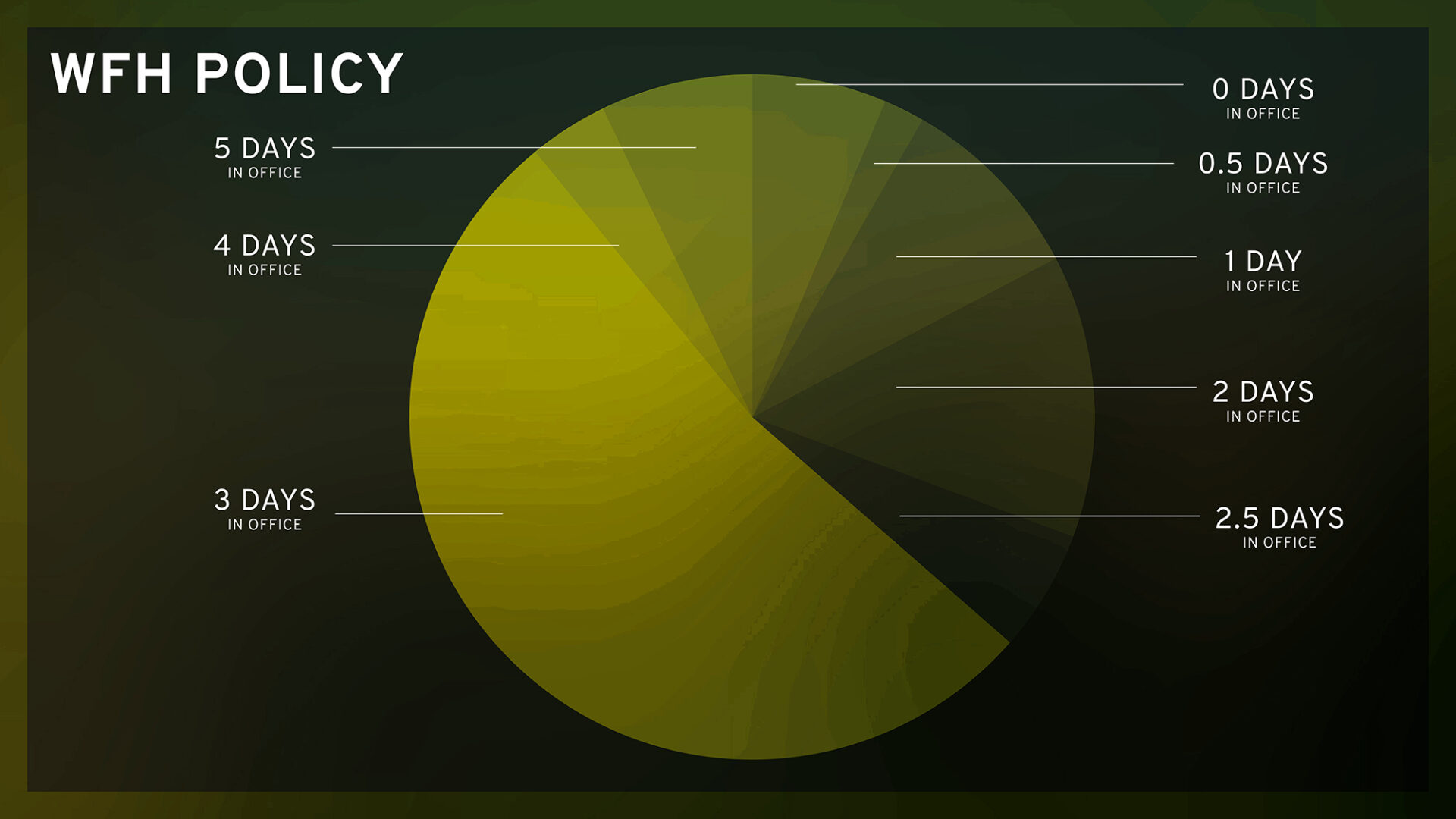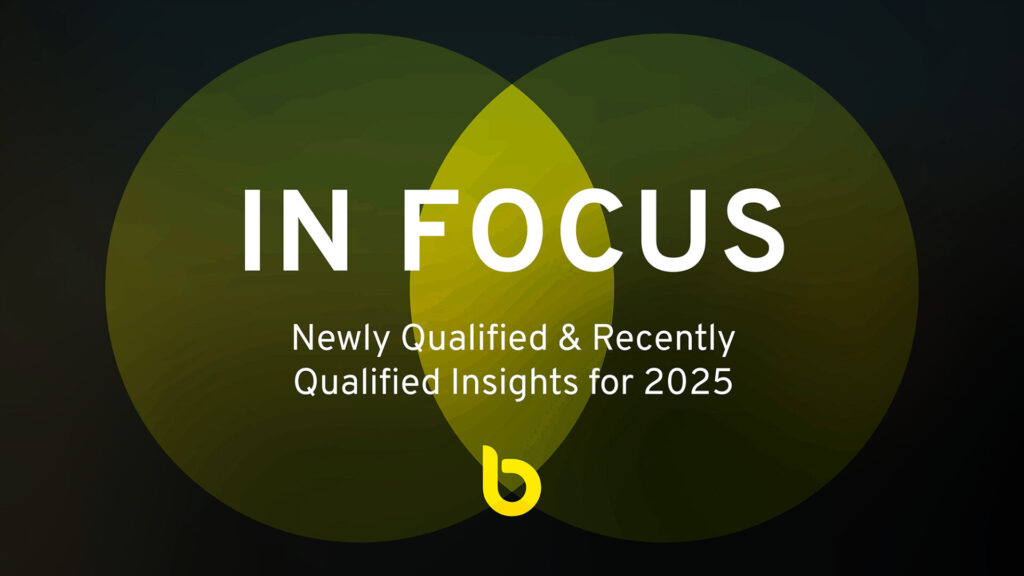The market for newly qualified (NQs) and recently qualified (RQ: those with 1-4 years post-qualification experience) accountants has seen significant changes over the past few years. From the aftermath of COVID-19 to evolving expectations around work flexibility, salary, and career progression, the talent landscape is transforming. In this analysis, we explore the current state of the market, the key factors driving talent at this level, and practical advice for hiring managers as they shape their hiring strategies for 2025.
#1 State of Play in the Market for Newly & Recently Qualified Accountants
In 2024, demand for newly and recently qualified accountants remained exceptionally high, and this trend is expected to continue into 2025. A post-COVID surge in talent migration resulted in many early career accounting professionals moving abroad, particularly to Australia, Canada, and London, in search of global experience.
As the talent pool tightens, talent holds significant leverage in the job market, with many individuals receiving multiple job offers. This provides them with the flexibility to choose roles that align with their career goals, personal preferences, and lifestyle choices. Additionally, roles requiring 1–4 years of post-qualification experience are particularly challenging to fill. Professionals at this stage are typically seeking opportunities for career progression or skill development, while hiring managers often prioritise talent with direct experience in similar roles. This mismatch can create a significant talent gap.

Job vacancies per month in 2024 for newly (NQ) and recently (RQ) qualified accountants. If you want maximum competition for talent, you should hire in January, May & July! Be proactive – aim to hire in months of the year when the competition for talent is lower than the norm.
#2 Key Drivers of Talent Decisions
2.1 Flexibility: A Non-Negotiable
One of the biggest shifts in the talent market over the past few years is the growing emphasis on flexibility. Work-from-home options have become central to talent decisions.
“If your role isn’t hybrid, it’s more black-and-white. For example, if it requires five days a week in the office, people won’t even look at the job spec to see what the salary is.” – Elaine Brady | Partner | Barden Leinster
Talent now prioritise work-life balance, and companies that can offer hybrid roles and flexibility are at a distinct advantage.

Three days a week is the most common policy by a wide margin. Notably, there were no fully remote roles in the newly qualified accountant market. This highlights the importance of newly qualified accountants spending time in the office to optimise their learning and acclimation.
2.2 Salary and Benefits: Competitive but Expected
Post COVID there was significant inflation in salaries at this level, but H1 2024 was the first time this didn’t increase, reflecting a stabilisation of reward packages.
“Salary is basically a hygiene factor. Its presence doesn’t necessarily motivate, but its absence demotivates. The further you deviate from the market median salary, the more likely your role will be dismissed out of hand.” Elaine Brady | Partner | Barden Leinster
Competitive salaries are necessary, but talent also seek roles that offer more than just financial incentives. One of the key factors in their decision-making is the amount of annual leave offered. There has been a growing emphasis on this benefit, with many people now prioritising jobs that offer a generous leave allowance. Packages with fewer than 23 days of annual leave or salaries that fall below market standards are likely to be rejected quickly. Our data indicates that 23 days of annual leave has become the new standard in Leinster.

2.3 Career Progression: Nurturing and Developing Talent
Newly and recently qualified accountants are increasingly interested in roles that offer clear career development pathways. Structured mentorship and opportunities for growth are critical in attracting top talent. Broader roles that provide a variety of experiences are preferred over narrow, specialised positions that may not offer long-term career growth.
2.4 Recruitment Process: Speed and Organisation Matter
The efficiency of the recruitment process is another major factor influencing talent decisions. “Talent doesn’t procrastinate, and neither should you.” If employers are slow to respond or lack flexibility, they risk losing out on top talent. Running an agile and efficient interview process will yield better results.
#3 If you’re hiring a newly or recently qualified account in 2025, here’s what you need to consider:
3.1 Be Proactive
A growing challenge in the hiring process is the increasing length of notice periods. Even newly qualified talent may have three-month notice periods, making it harder for employers to recruit reactively. There is a link between longer notice periods and the increasing costs of replacement, which may also lead to counteroffers from current employers.
Proactive recruitment strategies will be essential to overcoming the challenges posed by longer notice periods, talent migration, and the fierce competition for qualified professionals.
3.2 Understanding Market Rates
Staying competitive with salary and benefits is essential to avoid losing talent. Failing to align with the market median salary will likely result in job offers being rejected outright. Discover our latest insights on reward packages for newly and recently qualified accountants in our Talent Monitors here>>>
3.3 Speed and Efficiency
Virtual first-round interviews and eliminating delays in the hiring process can help employers attract and retain talent before they accept another offer. Currently, most successful recruitment cycles are completed within two weeks, from the first CV submission to the final hire. Streamlining your approach ensures you can secure top talent before they’re snapped up by competitors.
3.4 Managing Expectations vs. Offer
Hiring managers often face a gap between their expectations and the offers they can realistically make. While employers may want talent who can “hit the ground running,” such talent often expect significant incentives in terms of salary, benefits, and career progression.
3.5 Tailoring Job Offers
Companies should focus on clearly outlining mentorship opportunities and career development paths. In addition, adjusting job scopes to make roles more attractive to a broader range of talent can help companies tap into a larger pool of professionals.
3.6 Flexibility in Work Policies
Offering hybrid work options and being flexible with notice periods can make a significant difference in attracting talent. These policies are particularly important for those with post-qualification experience, who may have more rigid expectations regarding work-life balance.
For more insights, salary benchmarking, or advice on navigating the current market, reach out to Brian O’ Connor, Team Lead in Barden Leinster’s Recently Qualified Accounting Careers Practice at brian.oconnor@barden.ie


 Jump Back
Jump Back

